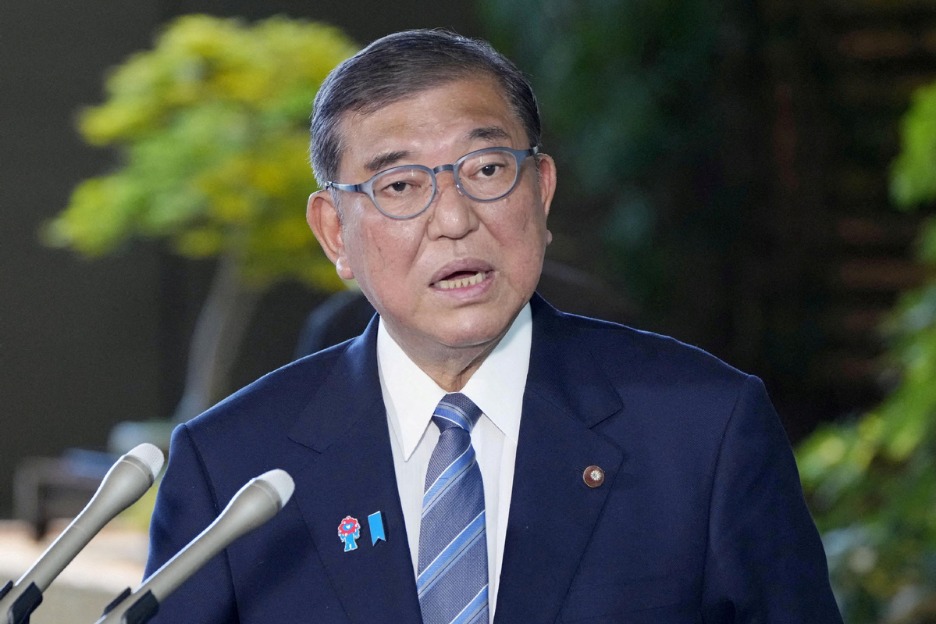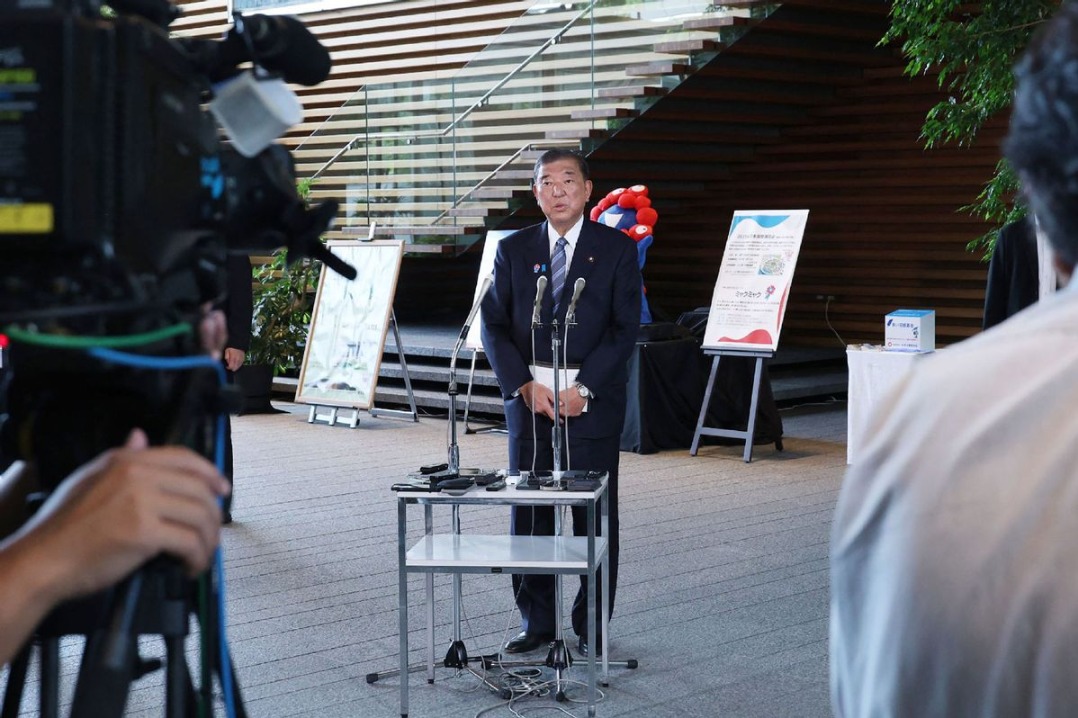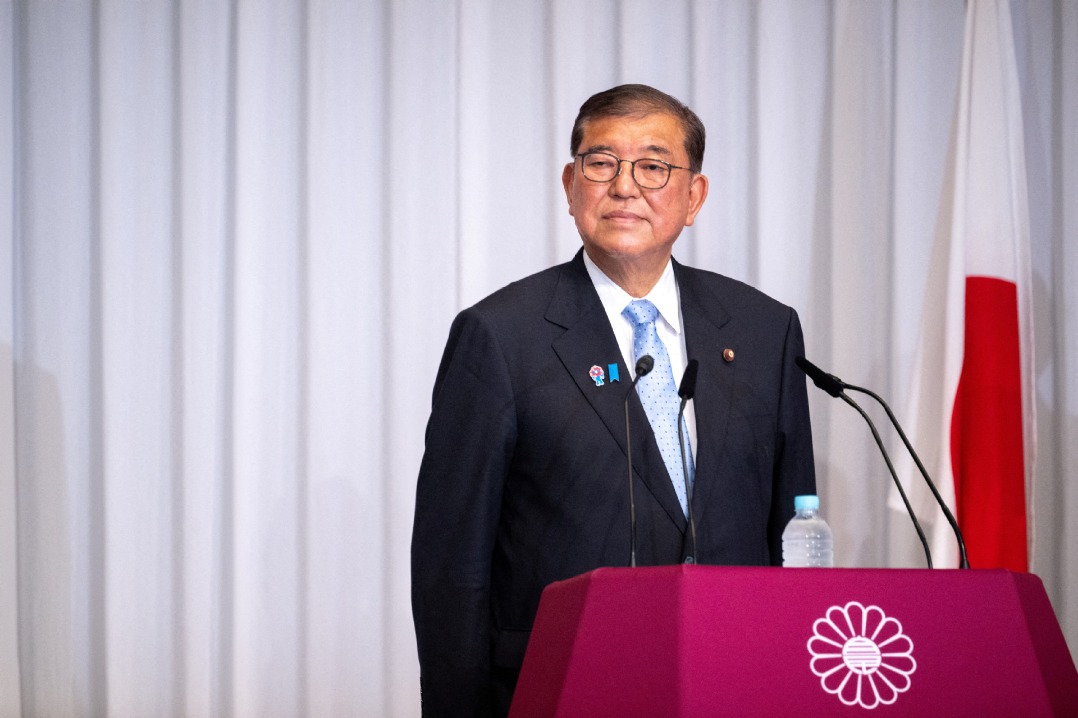Sovereignty over hydro project reaffirmed

China reaffirmed on Wednesday that the construction of a hydropower project on the lower reaches of the Yarlung Zangbo River falls entirely within its sovereign rights and will not have adverse effects on downstream regions.
Foreign Ministry spokesman Guo Jiakun made the remarks in response to a media inquiry about concerns raised by India and Bangladesh regarding biodiversity issues and the potential impact of the project on the livelihoods of local communities.
Speaking at a daily news conference, Guo emphasized that the project aims to speed up the development of clean energy, significantly improve local living conditions, and proactively respond to climate change mitigation efforts.
"The project helps support disaster prevention and mitigation across the river basin, and it will not negatively impact downstream areas," Guo said, adding that China has maintained necessary communication with downstream countries regarding the project.
On the broader issue of transboundary river development, the spokesman said that China acts with a high sense of responsibility in harnessing cross-border rivers and has extensive experience in hydropower projects.
He noted that the Yarlung Zangbo hydropower project was planned, designed and built in accordance with China's highest industrial standards.
The construction process includes comprehensive measures for ecological and environmental protection, including avoiding key environmentally sensitive areas and preserving the integrity of the original ecosystem to the largest extent possible, Guo added.
"China has engaged in cooperation with downstream countries on hydrological data sharing, flood prevention and disaster reduction," Guo said. "China will continue enhancing cooperation for the benefit of all people along the river basin."
The construction of the hydropower project, located in Nyingchi, Xizang autonomous region, started on Saturday.
The project will consist of five cascade hydropower stations, with a total investment estimated at around 1.2 trillion yuan ($167.8 billion). It will primarily deliver electricity for external consumption, while also addressing local demand in Xizang.

































